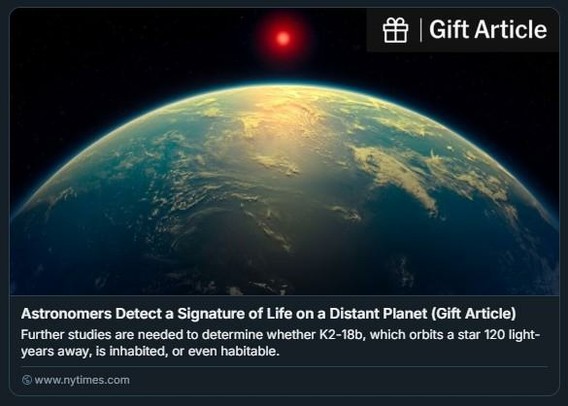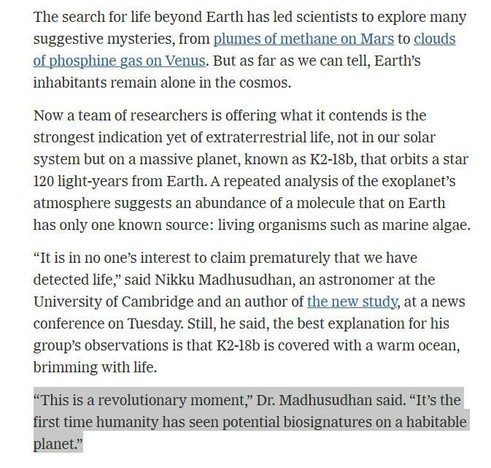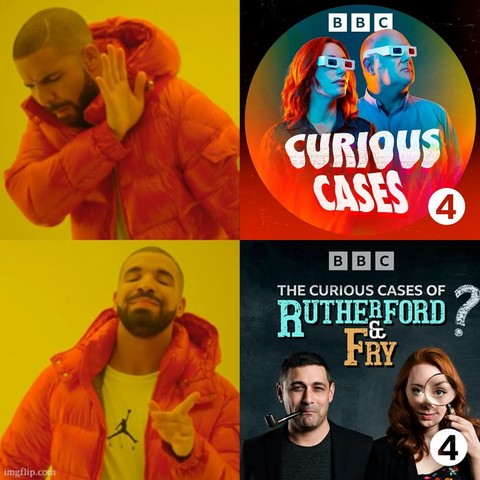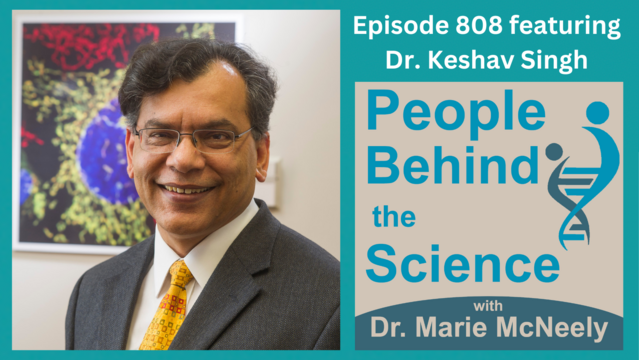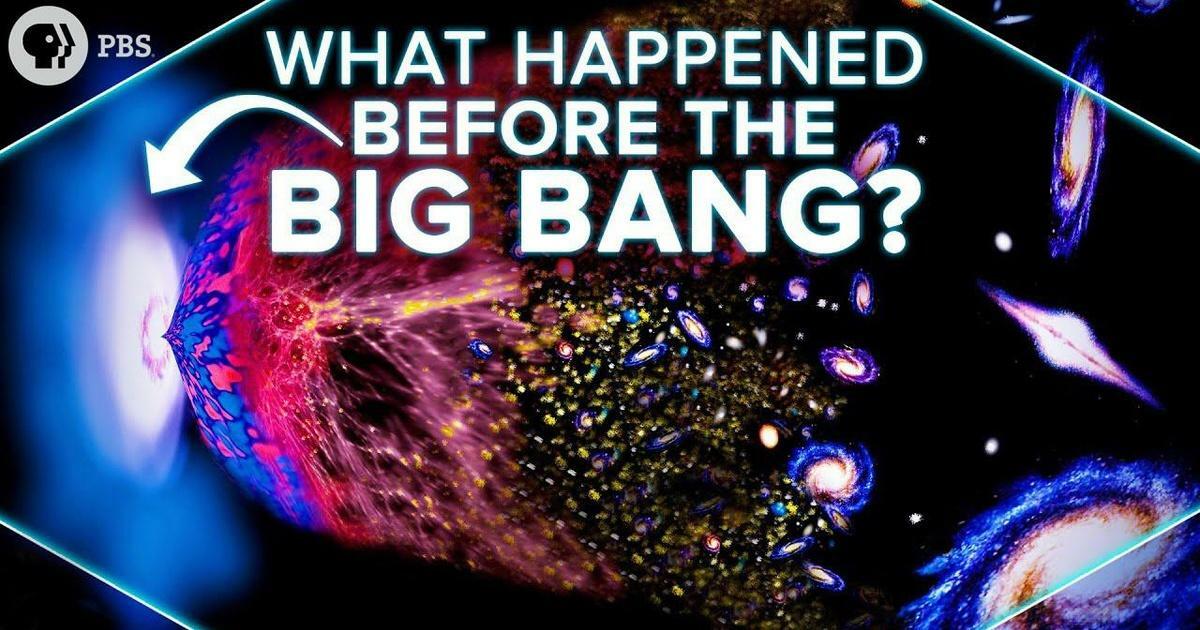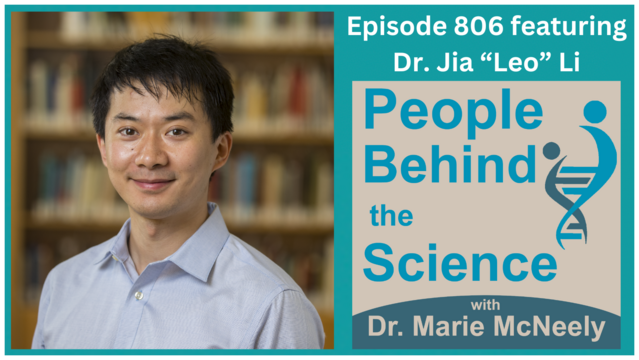You may have seen headlines today - such as in The New York Times - suggesting the possible detection of a biosignature on an exoplanet. It’s an exciting prospect, no doubt. But it’s also an extraordinary claim, and as the saying goes, "extraordinary claims require extraordinary evidence" (Carl Sagan).
While the molecule in question is associated with biological processes, it’s important to note that non-biological (abiotic) pathways for its formation exist as well (see: Reed et al. 2024 ApJL; Sanz-Novo et al. 2025 ApJL). These results are interesting, but far from conclusive.
Scientists work within a robust framework to test such claims. This includes:
- Peer review and replication
- Community feedback and critique
- Cross-validation through multiple instruments and techniques
- Avoiding sensationalism in science communication
- Building consensus through sustained investigation
I am looking forward to hearing more from the exoplanet and astrobiology communities on these findings before drawing conclusions.
In the meantime, the ripple effect of bold headlines - like "Possible Signs of Extraterrestrial Life" - has already begun. A friend at the dentist this morning spotted a very misleading headline about this on Channel 9 News!
This is where science communication becomes critical: managing public interest and excitement without compromising scientific accuracy.
We should use moments like these to show the process - how scientific ideas are proposed, tested, debated, and refined - to broader audiences. Whether we’re talking about space, climate change, or pandemics, this transparency is essential to building trust in science.
Aliens make for a great headline, but the real story is in how we do the science.
https://www.hs-ansbach.de/en/master/science-communication/


